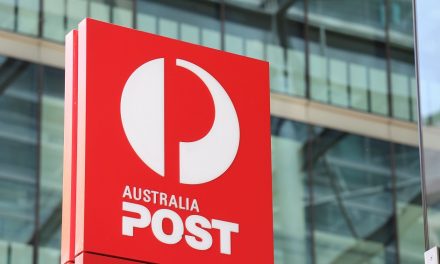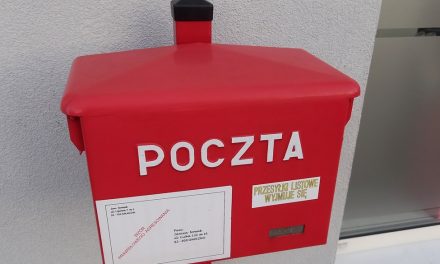
Move to drop second delivery is necessary – comment from Mike Dalton, Consignia
CONSIGNIA is losing money. The most recent estimates point towards losses of pounds 1.5 million a day.
More importantly for our customers, we’re also not delivering the kind of service they expect and soon the most profitable parts of our business will be opened up directly to competition.
Against this background, we simply cannot continue to operate as we have in the past.Our market is chang-ing, thegrowth of mail which brought increased profits in the 1990s is slowing and we now have a regulator who will impose fines if we continue to under-perform. And our customers, who already have the option of other communication channels like fax and email, will very soon be able to choose other mail operators as well.
Our present delivery system is inefficient. We spend 20 per cent of our costs in performing the second delivery, yet it now only accounts for three per cent of mail delivered.
Under the terms of our licence, we have to make one delivery each day to 28 million addresses in the UK. In addition, we operate a self-imposed guideline of delivering mail in urban areas by 9.30am.
This meanswe have a very narrow window in which to process mail and, with a second delivery, it’s a system that’s expensive to operate.
We deliver more than 80 million items of mail every day in the UK and our costs mean we spend 28p delivering each 27p First Class letter.
It’s easy to see why we need to make changes.
The proposals which will shortly be tested at 14 offices throughout the UK are based around two different types of delivery:
Customers who receive large volumes of mail will receive their mail between 7am and 9am; The rest of ourcustomers will receive mail between 9am and lunchtime (or mid-afternoon in some more remote rural areas).
This will give us more time to process mail and, therefore, more opportunity to deliver more mail on time.
Of course, the new system is about saving money, but it will also improve the reliability of First Class mail.
Whilst the time of delivery is important to customers, their priority is knowing that a First Class letter will be delivered the next working day.
A number of people do want to receive post early in the morning, either because of tradition or, for those whoworkfromhome,from necessity.
But already many customers do not see their mail until the evening, after work.
Some customers will want services above this basic standard and we are looking at ways of meeting these needs, although this is likely to be on a commercial basis with a realistic charge.
For our employees, the changes will mean better, more sociable hours of working, making it easier for us to recruit and retain employees.
The main postal union, the Communication Workers’ Union, is broadly supportive, particularly given the improvements to employees’ conditions and the likelihood that these changes will help us to meet the Union’s objective of pounds 300 per week pay for their members.












